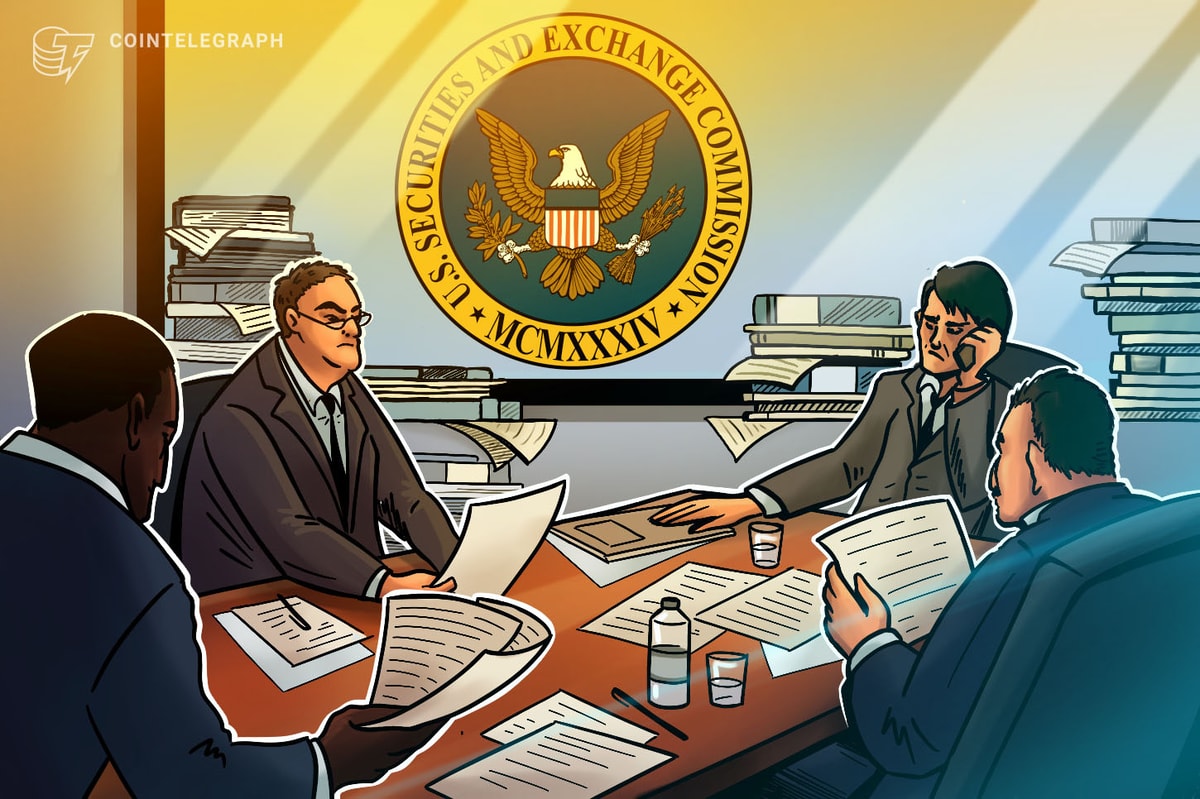
Call for Regulations to Track Cryptocurrency Transactions
Democrats in the US House of Representatives submitted a letter to the US Treasury Department and the Internal Revenue Service (IRS) on the 5th. He called for the prompt issuance of reporting rules to prevent tax evasion on crypto asset (virtual currency) transactions.
The letter was co-authored by Rep. Brad Sherman and Rep. Stephen Lynch. The crypto industry claims to be a tax loophole.
Sherman and others noted that in 2020, the U.S. Treasury Department’s Office of Tax Administration pointed out that the IRS did not have a reporting system that would allow it to track cryptocurrency transactions.
Later, the 2021 Infrastructure Act included provisions requiring brokers to track their clients’ trades in order to report them to the IRS. The U.S. Treasury Department said in December 2022 that cryptocurrency brokers would not be required to track customer transactions for tax reporting purposes until the department issues a final rule.
Sherman and others said the department in charge completed a review of the rules governing transaction tracking in February, but there has been no activity since. He called for the immediate promulgation of the regulations.
Sherman has been particularly critical of cryptocurrencies within the Democratic Party and has called for tighter regulation in the past.
connection: Opposing US legislator “It is unlikely that virtual currency will be banned”
There is also a bill to clarify virtual currency regulations
On the other hand, in the U.S. Congress, there is also a movement to create a bill by legislators who are positive about virtual currency.
Republican Senator Cynthia Lumis and Democratic Senator Kirsten Gillibrand are bipartisan, pushing for a comprehensive regulation of cryptocurrencies that would balance innovation and regulation.
This bill, the Responsible Financial Innovation Act (RFIA), defines the securitization of cryptocurrencies and clarifies token classifications to reduce regulatory uncertainty and encourage innovation. aims to promote
It also includes clarification of the role of regulatory bodies, stronger oversight of stablecoins, and revisions to virtual currency taxation. It will also ban algorithmic stablecoins like the one that led to the collapse of the old Terra ecosystem last year.
What is an algorithmic stablecoin?
In general, stablecoins that do not hold legal currency or virtual currency as collateral to back up their value and maintain a constant value by programmatically adjusting the amount of supply according to the supply and demand of the market.
 Cryptocurrency Glossary
Cryptocurrency Glossary
In the United States, Republican Rep. Patrick McHenry is also working on a bill to clarify cryptocurrency regulations. On the 2nd, the draft was made public and comments were solicited.
The draft, among other things, seeks to clarify the definition of when a cryptocurrency is considered a security and when it is considered a commodity.
connection: U.S. Congressmen announce bill to clarify cryptocurrency regulations
Block 30% Mining Taxation
We were successfully prevented @POTUS‘ 30% digital asset mining tax from being included in the debt ceiling deal but the fight is far from over.
I am working on a regulatory framework that will allow individuals and companies to own and trade digital assets in America.
Stay tuned…
— Senator Cynthia Lummis (@SenLummis) June 10, 2023
Rep. Lumis reported Tuesday that Republicans have blocked a 30% digital asset mining tax.
In May, the White House announced that cryptocurrency mining companies will be required to pay 30% of the cost of electricity used for mining, citing the risk that cryptocurrency mining will cause higher electricity prices and increased greenhouse gas emissions. He proposed that a tax equivalent to
connection: Biden administration proposes 30% tax on virtual currency mining companies
The post US Democrats Call for Rules to Prevent Tax Avoidance in Virtual Currency Transactions appeared first on Our Bitcoin News.
Read More: bitcoinwarrior.net









 Bitcoin
Bitcoin  Ethereum
Ethereum  Tether
Tether  XRP
XRP  USDC
USDC  Solana
Solana  Dogecoin
Dogecoin  TRON
TRON  Cardano
Cardano  Lido Staked Ether
Lido Staked Ether  Wrapped Bitcoin
Wrapped Bitcoin  LEO Token
LEO Token  Chainlink
Chainlink  Avalanche
Avalanche  USDS
USDS  Toncoin
Toncoin  Hedera
Hedera  Stellar
Stellar  Shiba Inu
Shiba Inu  Sui
Sui  Wrapped stETH
Wrapped stETH  MANTRA
MANTRA  Bitcoin Cash
Bitcoin Cash  Litecoin
Litecoin  Polkadot
Polkadot  Binance Bridged USDT (BNB Smart Chain)
Binance Bridged USDT (BNB Smart Chain)  Ethena USDe
Ethena USDe  Bitget Token
Bitget Token  Hyperliquid
Hyperliquid  WETH
WETH  Pi Network
Pi Network  WhiteBIT Coin
WhiteBIT Coin  Monero
Monero  Wrapped eETH
Wrapped eETH  OKB
OKB  Dai
Dai  Uniswap
Uniswap  sUSDS
sUSDS  Pepe
Pepe  Aptos
Aptos  Coinbase Wrapped BTC
Coinbase Wrapped BTC  Gate
Gate  Ondo
Ondo  Tokenize Xchange
Tokenize Xchange  NEAR Protocol
NEAR Protocol  Internet Computer
Internet Computer  Cronos
Cronos  BlackRock USD Institutional Digital Liquidity Fund
BlackRock USD Institutional Digital Liquidity Fund  Mantle
Mantle